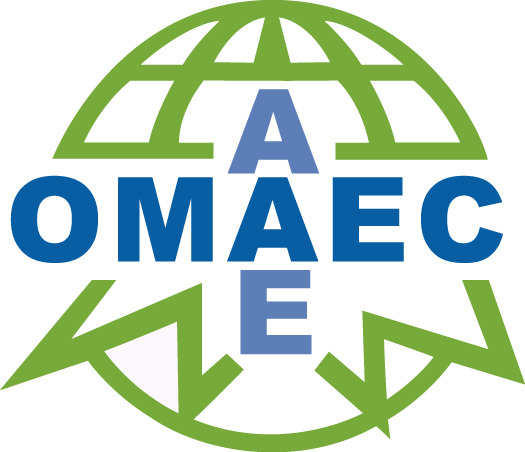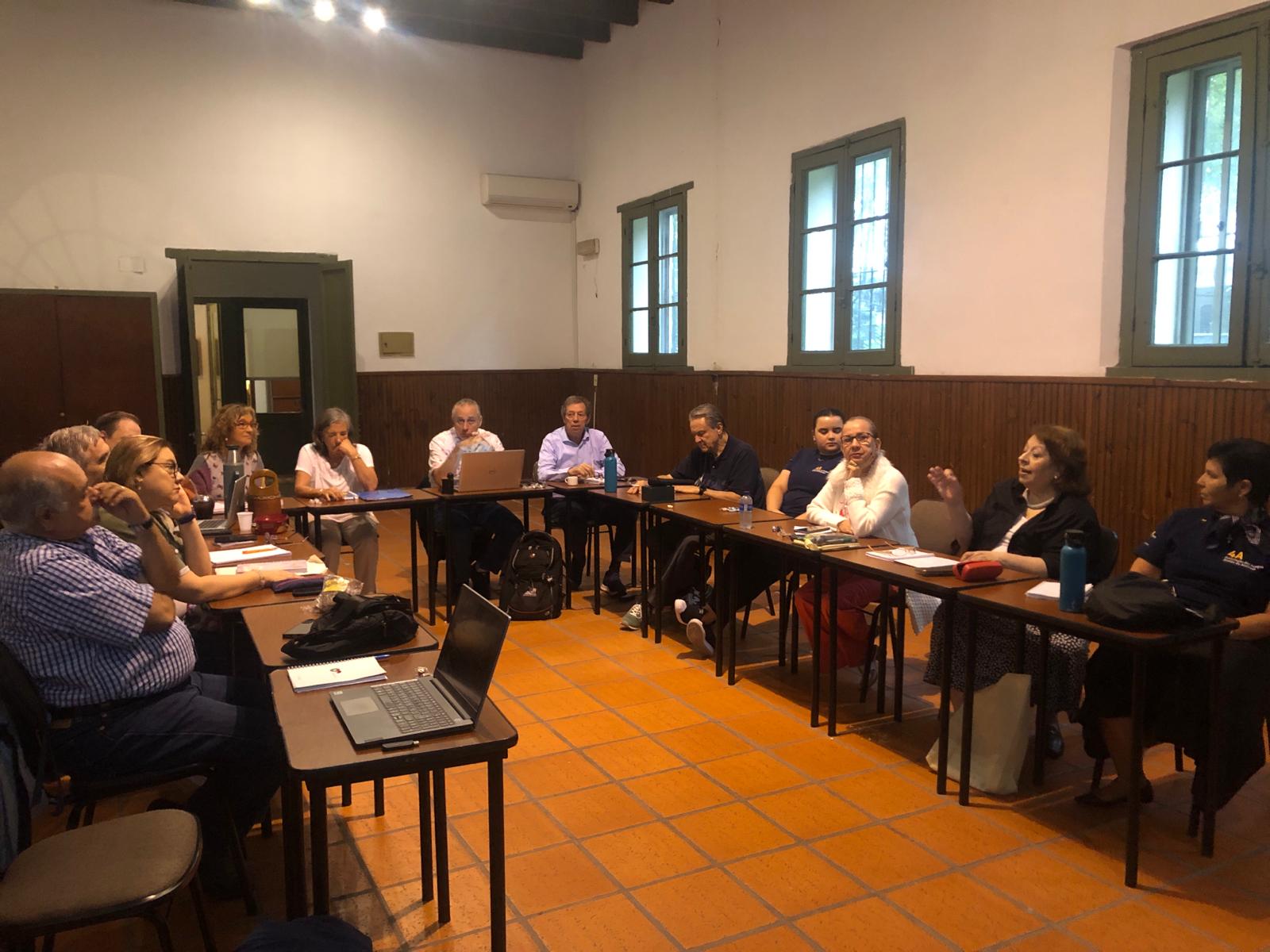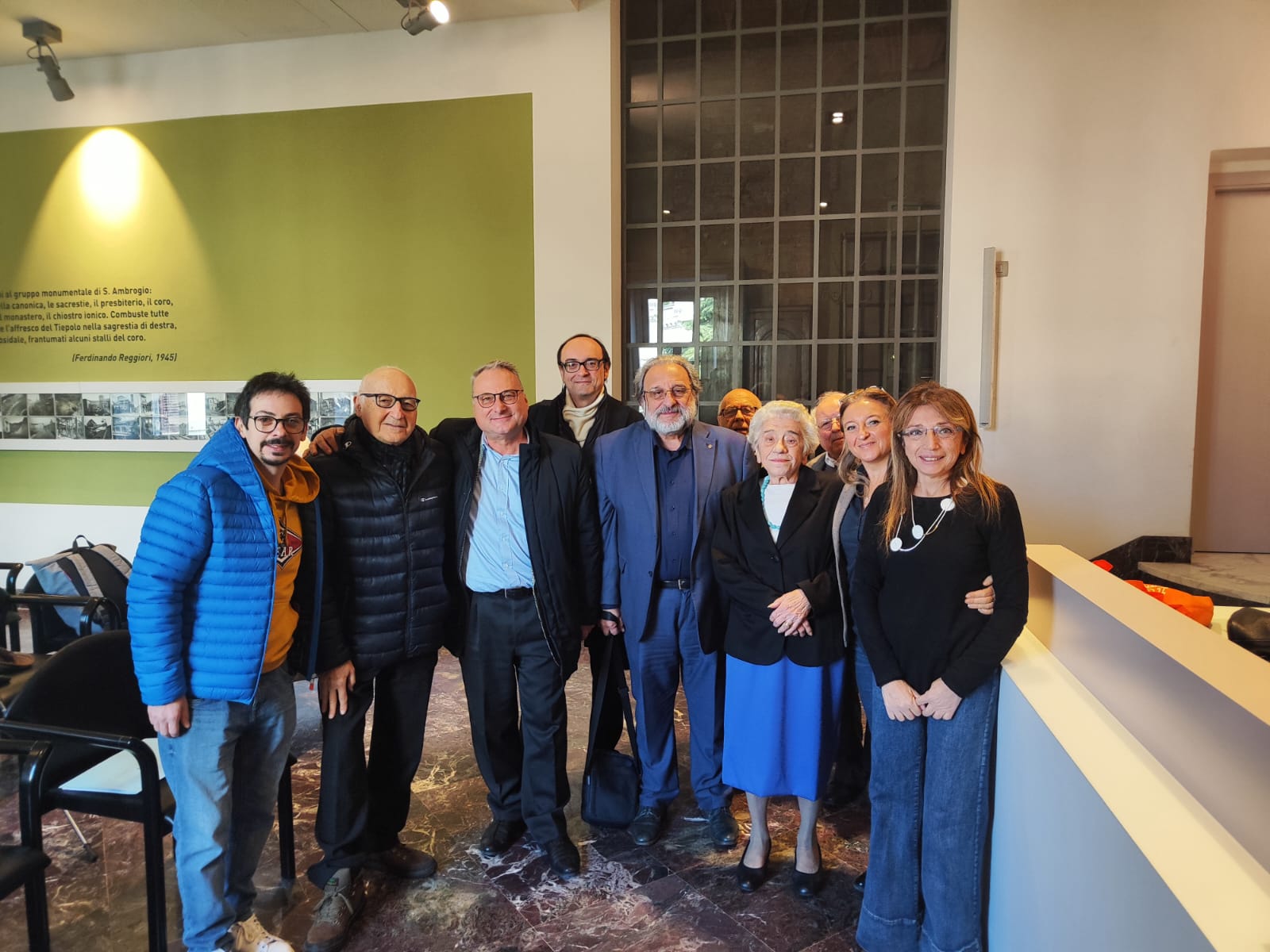The President of Cofaec (the French Confederation of Former Students of Catholic Education), Laurent Grégoire*, is extremely committed to the programme of aid provided by France to the Christian schools in Lebanon.
OLJ / By words collected by Zeina SALEH KAYALI, on 21 October 2020 at 00:00 am
What is the genesis of this aid movement set up in favour of Lebanese Christian schools?
It all started with the alerts launched in May: On the one hand, the open letter to the President of the Lebanese Republic written by the General Secretary of Lebanese Catholic Education, Father Boutros Azar, which described the catastrophic financial situation of the Christian schools in Lebanon and announced that if nothing was done, 80% of the schools might not reopen at the start of the 2020 school year; then, in the same vein, the declaration by the Maronite Patriarch, Cardinal Béchara Raï, and all the guardianships of the Christian schools (which are divided between patriarchal and congregational schools), and, in parallel, the announcement by the Lebanese Minister of Education at the time that the public schools (30% of pupils in Lebanon) were in serious financial difficulties.
Did that make you react?
Personally, I have very close ties with Lebanon: from 1978 to 1980, I helped restart ESIB where I taught during a very difficult period, and I have returned there many times since then, including with my family. These alerts immediately made me aware of the situation and I exchanged views with Catholic education officials in France and Lebanon. Unfortunately, the FAEC, the Lebanese Federation of Former Pupils of Catholic Schools, is currently dormant, and the latter have an important role to play in helping the institutions that educated them.
What were the first actions?
Firstly, French politicians were informed of the risk for French-speaking schools in general, and Christian schools in particular. Hence the two financial aid announcements since then: the French government has released 15 million euros for approved and conventioned schools, i.e. around 50 schools, including around 30 Christian schools.
In addition, 2 million euros of aid is being provided under the fund announced by President Emmanuel Macron for Christian schools. This aid, managed by the Oeuvre d’Orient, will concern more than a hundred schools. Additional aid is also being provided by the Comity de sauvegarde des écoles du Liban, which brings together several French NGOs at the initiative of Oeuvre d’Orient and with the support of French Catholic education.
How will this aid be distributed?
The various grants will be used to pay school fees (such as scholarships) for students from families who cannot afford to pay them in full. They will be paid directly in cash by the French Embassy and Oeuvre d’Orient. It should also be remembered that the first to mobilize at the time of the alerts was the Holy Father who sent large sums of money, again for scholarships directly transmitted by the Apostolic Nuncio.
Will this aid save all schools?
Unfortunately, to my knowledge, some have already closed or regrouped. Personally, I regret that priority has not been given more to the poorest schools, I am thinking of semi-free schools and technical schools, for which we know that the Lebanese government has not paid the subsidies it owes them.
Have you also taken other actions?
Yes, I have written to all the leaders of the alumni associations of Catholic schools in France. Some of them have reacted, I can mention the action of the former students of the Jesuit college in Paris who have sent significant financial aid to the three Jesuit schools in Békaa.
Then, within the framework of the general secretariat of Catholic education in France, we have identified the good forty or so schools that had or that
have twinning’s or partnerships with Lebanese schools. A certain number were created by the Francophonie-Lebanon association, then chaired by Clotilde de Fouchécour, by organizing teacher exchanges. We are in the process of relaunching these partnerships but also of encouraging the creation of new ones. Within this framework, Louis-Marie Piron, in charge of international relations at the French Catholic education, is organizing a meeting of French Catholic schools having a partnership with Lebanese schools at the beginning of January.
There are also twinning arrangements between dioceses.
Yes, and we would like to try to extend the activity of these twinning arrangements between dioceses, of which there are currently five, to twinning arrangements between schools in these dioceses, as is already the case between the dioceses of Lyon and Antélias. I have also drawn up a list of the 29 town twinning schemes existing between France and Lebanon and we are going to propose to these towns to twin their schools, both private and public.
You already have encouraging feedback?
Yes, the first answers are encouraging. My link with Catholic education in Lebanon and my knowledge of the field allow me to put French schools on the right track. A school in Lyon contacted me spontaneously outside of any twinning. I hope to see a favorable development of these various contacts in the coming weeks and months. The idea is to strengthen these links which often already exist at the level of congregations, but which must be extended to the laity.
You are a precious man for Lebanon!
I feel indebted to Lebanon because, by a decree signed just before the end of his mandate, President Amine Gemayel appointed me Officer of the National Order of Cedar for services rendered in Lebanon. I have been trying, ever since, to deserve this distinction!
Are things also moving at the global level?
Yes, action is being taken by Philippe Richard, the General Secretary of International Catholic Education, which brings together all the General Secretariats in the world (OIEC), which is very sensitive to the situation in Lebanon. The aim is to show the solidarity of all these national secretariats with the Lebanese one. Another example is the help given by the world congregations that have schools in Lebanon.
In this context, the Covid-19 crisis does not help matters…
Far from it, it amplifies them dramatically. There is a real urgency to develop distance learning. I’m very worried about this because in some families there are no computers and children must follow lessons on their parents’ mobile phones. As far as I know, the Lebanese Catholic education system is developing a site to increase the possibility of online courses.
What can be done in Lebanon to help make this aid a reality?
It is, of course, desirable to revive the Lebanese federation of former students and to create alumni associations in many schools that do not yet have one. I also think that, as was done in France some time ago, it is necessary to hand over to lay volunteers (parents and alumni) to help in the schools, especially in management.
In conclusion, I express the wish that this cataclysmic crisis that Lebanon is currently experiencing will at least be an opportunity to strengthen once again the fraternity between France and Lebanon.
*Secretary General at the European level and, at the world level, representative to UNESCO.







